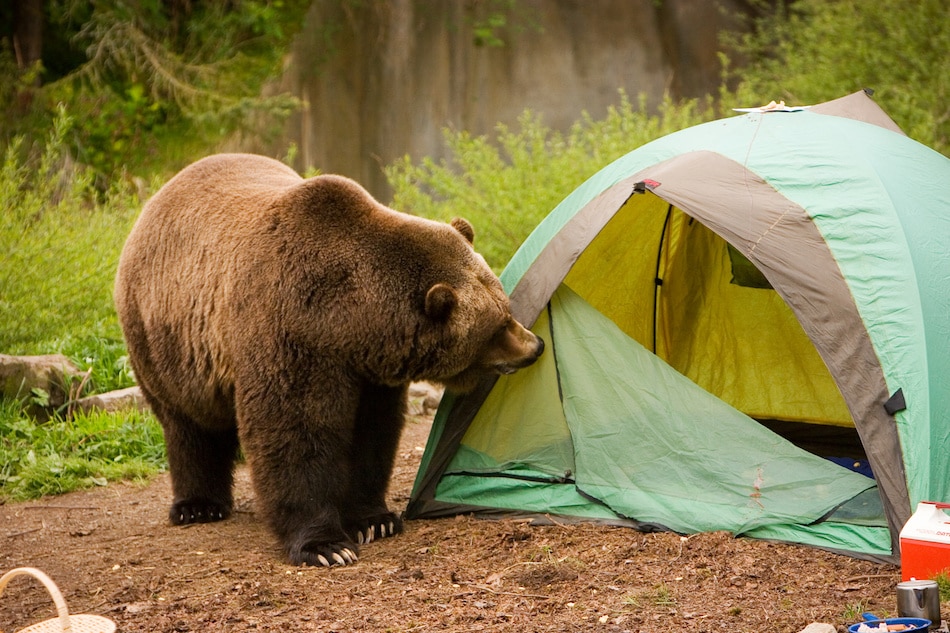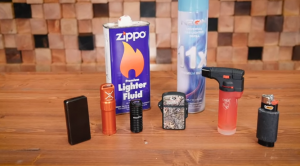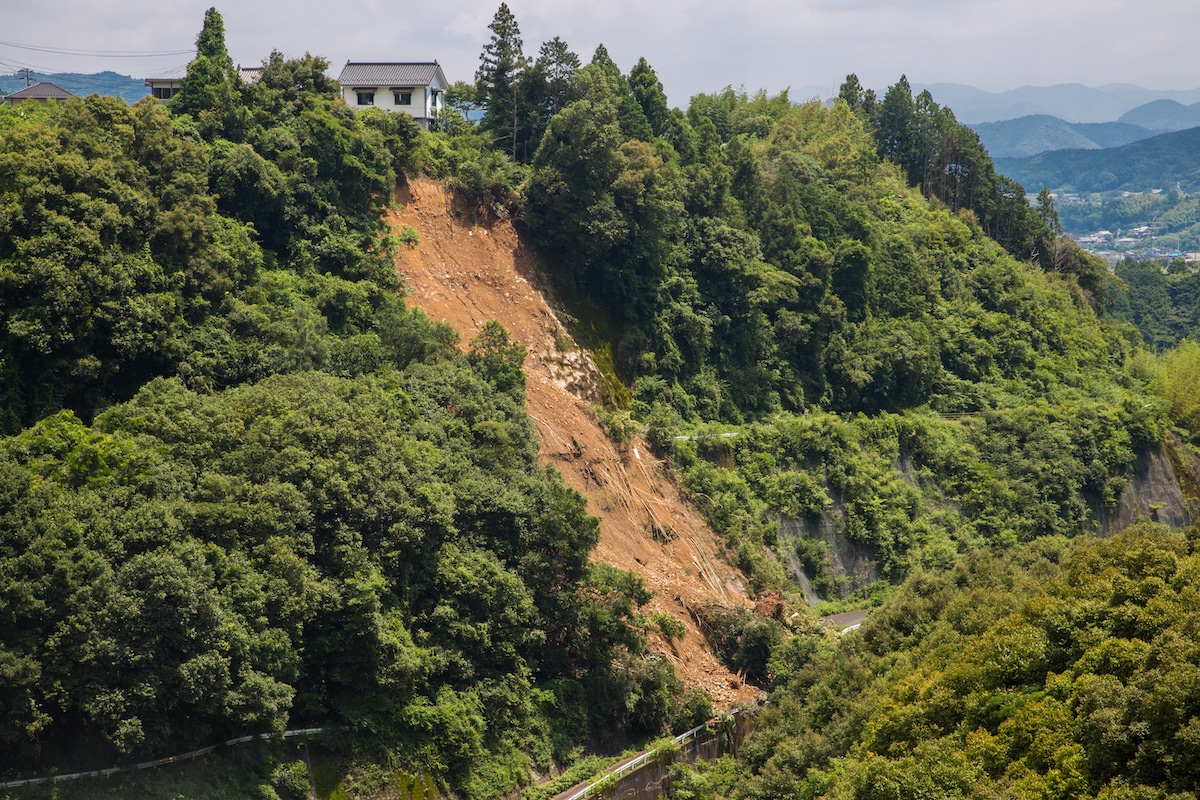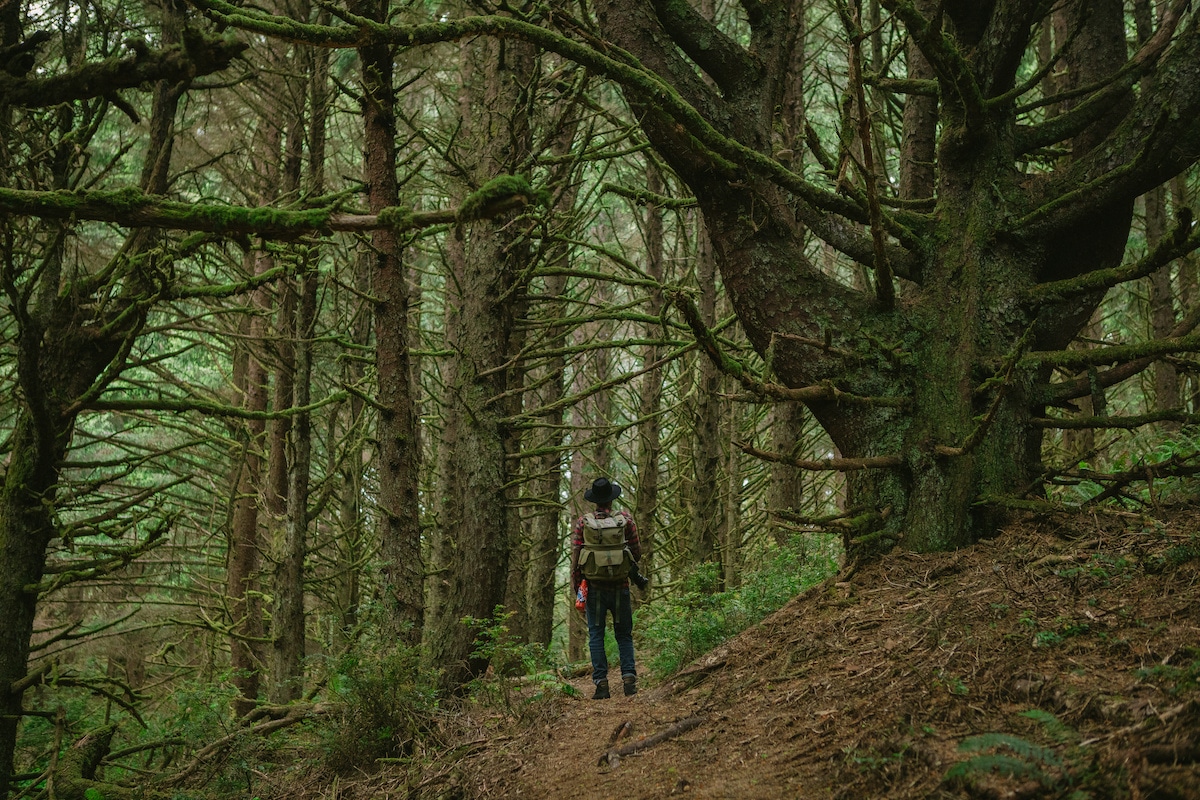What We'll Cover
How Can You Stay Safe On Your Next Camping Trip?
Camping can be fun, but it can also be dangerous for someone who doesn’t know how to avoid common camping hazards.
For someone who wants to go camping and stay safe, knowing about some of the most common hazards is important. Being prepared is a good way to have a fun, relaxing time out in the woods.
Fire Danger
The danger of wildfire can be extreme in the summer. To prevent the destruction of park property and to keep campers safe, many parks have strict rules regulating campfires during the dry times of year. Parks may require campers to carry buckets or shovels for extinguishing fires. In areas where campfires are not allowed, campers may need to bring alternative forms of heat or an alternative tool for cooking.
Some parks require campers to take a test or get a special permit in order to have a camp fire. Before leaving on a trip, campers must call in advance to find out what kind of fire restrictions are being enforced in the area where they will be staying. Calling in advance makes it easier to plan.
Even if campers are following all the rules in the park where they’re staying, the threat of a forest fire is still very real. Campers are encouraged to check in with ranger stations at least once per day to find out if there are any fire threats in the area. It’s also important to watch out for signs of possible fires including visible smoke, or the smell of smoke. Lightning from storms can cause fires, so campers should check in with the nearest information center as soon as a storm occurs.
Poisonous Plants
The forest is full of toxic plants. Some plants can give campers a rash, others can cause serious neurological symptoms or even death. Hikers can avoid contact with plants that cause rashes by wearing long pants and long sleeve shirts while hiking. People campers should never eat berries or other plants they find in the woods. Campers should have an expert knowledge of plants and berries before eating them.
It’s also a good idea to study plants like poison oak, poison sumac and poison ivy before leaving on a camping trip. Recognizing these plants can help campers avoid them in the wild.
Extreme Weather
Extreme weather like extreme heat and severe storms can be very disruptive during a camping trip. Campers who come prepared for all of these conditions may find it easier to stay safe out in the wild. Those who don’t come prepared for extreme conditions may need to seek shelter elsewhere when extreme conditions occur. Extreme cold can cause hypothermia, frostbite, snowblindness and more, while summer dangers include heatstroke, heat exhaustion, extreme chafing, dehydration, and sunburn, and burns from your campfire.
Getting Lost
Getting lost is one of the greatest dangers that people face when hiking. To avoid getting lost, campers must familiarize themselves with maps and trails before leaving on their trip. Bring maps and food with some bare utensils while actually hiking the trails. Campers can also avoid getting lost by following trail markers and staying on the beaten path at all times. It’s also important to find out how long each trail takes. Then be sure and to leave ample time in the day to start and finish the trail.
Finally, campers must always check the weather before leaving on a trail. Trails can get slippery or hard to follow when rain or storms pop up. So if bad weather is predicted, it’s best not to risk it.
Dangerous Animals
Many campers are afraid of meeting wild animals while they’re trying to enjoy themselves. Snakes are a concern because they like to hide, and the snakes can bite you out of self-defense when you don’t even know they’re there. If you’re concerned about animals, you should carry a survival kit or make your own emergency kit.
Following these safety tips can help campers stay safe while they’re having fun outside. If you’re going camping this summer and are seeking more ways to stay safe while camping, talk to a ranger before leaving on your trip.
The responses below are not provided, commissioned, reviewed, approved, or otherwise endorsed by any financial entity or advertiser. It is not the advertiser’s responsibility to ensure all posts and/or questions are answered.



![Best Archery Sets This 2023 [Men & Women]](/assets/images/8cf78150f1d9d7a0c175609145d21517.png)

